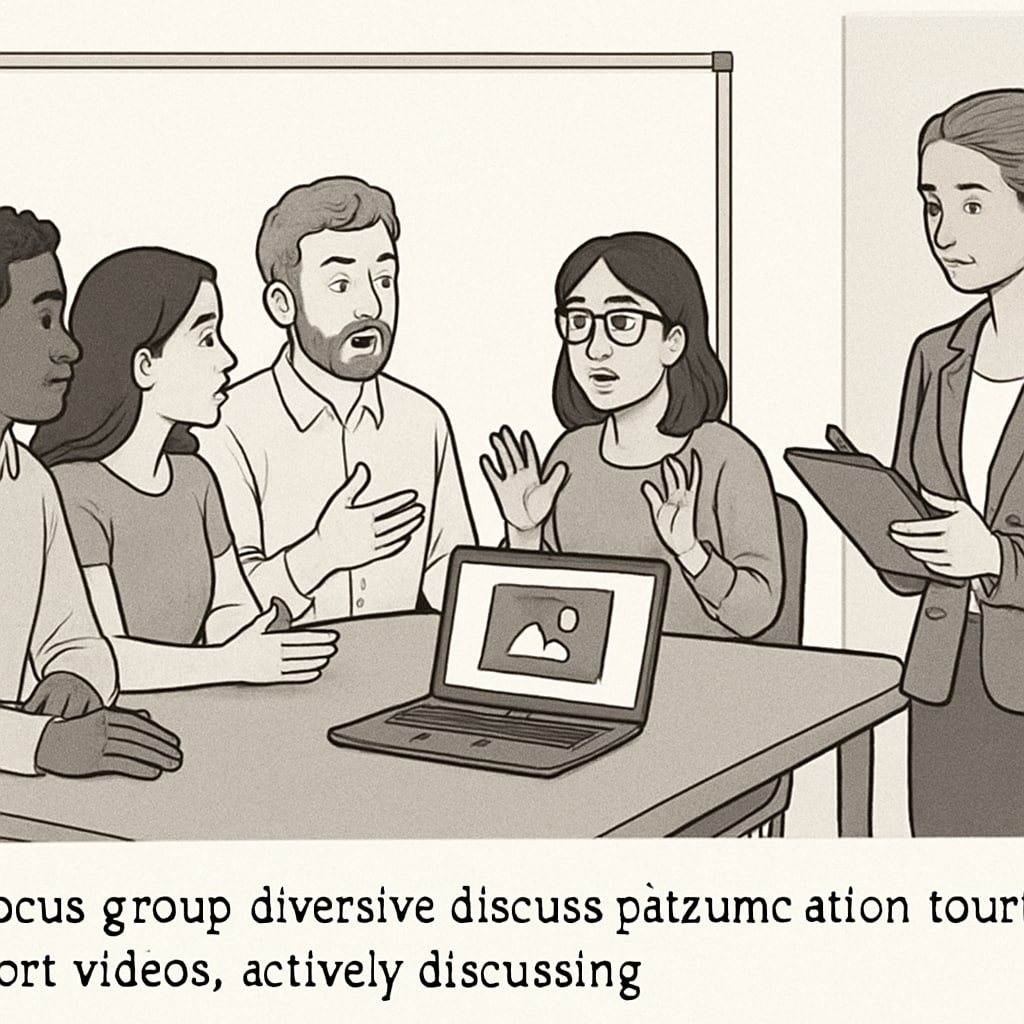Conducting a master’s thesis often requires an extensive data collection process. When the subject revolves around tourism short videos, the complexity can increase significantly. Collecting questionnaire data for this topic presents various challenges, ranging from participant recruitment to ensuring data accuracy. Such issues, if not managed well, can affect the reliability of the research outcomes. This article delves into the common obstacles encountered during the data collection process and offers practical strategies to address them.
Challenges in Collecting Questionnaire Data for Tourism Short Videos
Questionnaire-based data collection is a widely used method in academic research, particularly for topics like tourism short videos where subjective opinions play an essential role. However, several unique challenges can arise:
- Recruitment of Participants: Identifying and engaging participants who are familiar with tourism short videos can be time-consuming. Many potential respondents may lack interest in completing surveys, especially if the topic feels unrelated to their daily lives.
- Survey Design: Crafting clear, concise, and engaging questions that encourage thoughtful responses is an art. Poorly designed surveys may lead to incomplete or biased data.
- Digital Literacy: Some participants may struggle with the technological platforms used for online questionnaires, affecting response rates.
- Data Validity: Ensuring that responses are genuine and not fabricated is an ongoing concern for researchers.

Strategies to Overcome Data Collection Challenges
Overcoming these challenges requires a combination of strategic planning, technological tools, and clear communication. Here are some actionable solutions:
- Targeted Recruitment: Utilize platforms such as social media groups, tourism forums, or short video communities to reach participants who are genuinely interested in the subject matter. Offering small incentives, such as discounts or gift cards, can further motivate participation.
- Effective Survey Design: Collaborate with experts in questionnaire design or use online tools like Google Forms or Qualtrics to create intuitive and user-friendly surveys. Include questions that are specific, relevant, and avoid leading biases.
- Pilot Testing: Conduct a pilot study with a small group to identify and resolve issues in the questionnaire before full-scale distribution.
- Data Verification: Cross-check responses to identify inconsistencies or duplicates. Employing advanced tools like CAPTCHA can also help ensure genuine participation.

Importance of Questionnaires in Tourism Short Video Research
Tourism short videos play a powerful role in shaping travelers’ perceptions and decisions. By collecting questionnaire data, researchers can gain insights into how audiences engage with such content, what drives their preferences, and how these videos influence tourism behavior. This knowledge is invaluable for both academic study and practical applications, such as improving marketing strategies in the tourism industry.
For example, a 2020 study published on Britannica highlighted the growing influence of digital media on global tourism. Similarly, platforms like Wikipedia provide valuable overviews of tourism trends, emphasizing the need for thorough research in this area. Questionnaires serve as a bridge between theoretical frameworks and real-world data, offering a deeper understanding of these dynamics.
Conclusion
Collecting questionnaire data for a master’s thesis on tourism short videos can be challenging, but with proper planning and execution, these obstacles can be managed effectively. By addressing issues such as participant recruitment, survey design, and data validity, researchers can ensure the reliability and relevance of their findings. Ultimately, the insights gained through such studies contribute to a better understanding of the evolving relationship between tourism and digital media.
As you embark on your research journey, remember that every challenge is an opportunity to refine your skills and broaden your perspective. With persistence and the right strategies, you can successfully navigate the complexities of data collection and achieve meaningful results for your master’s thesis.
Readability guidance: Use short paragraphs and bullet points to summarize key ideas. Maintain a balance of academic rigor and accessibility, ensuring clarity for a diverse audience.


